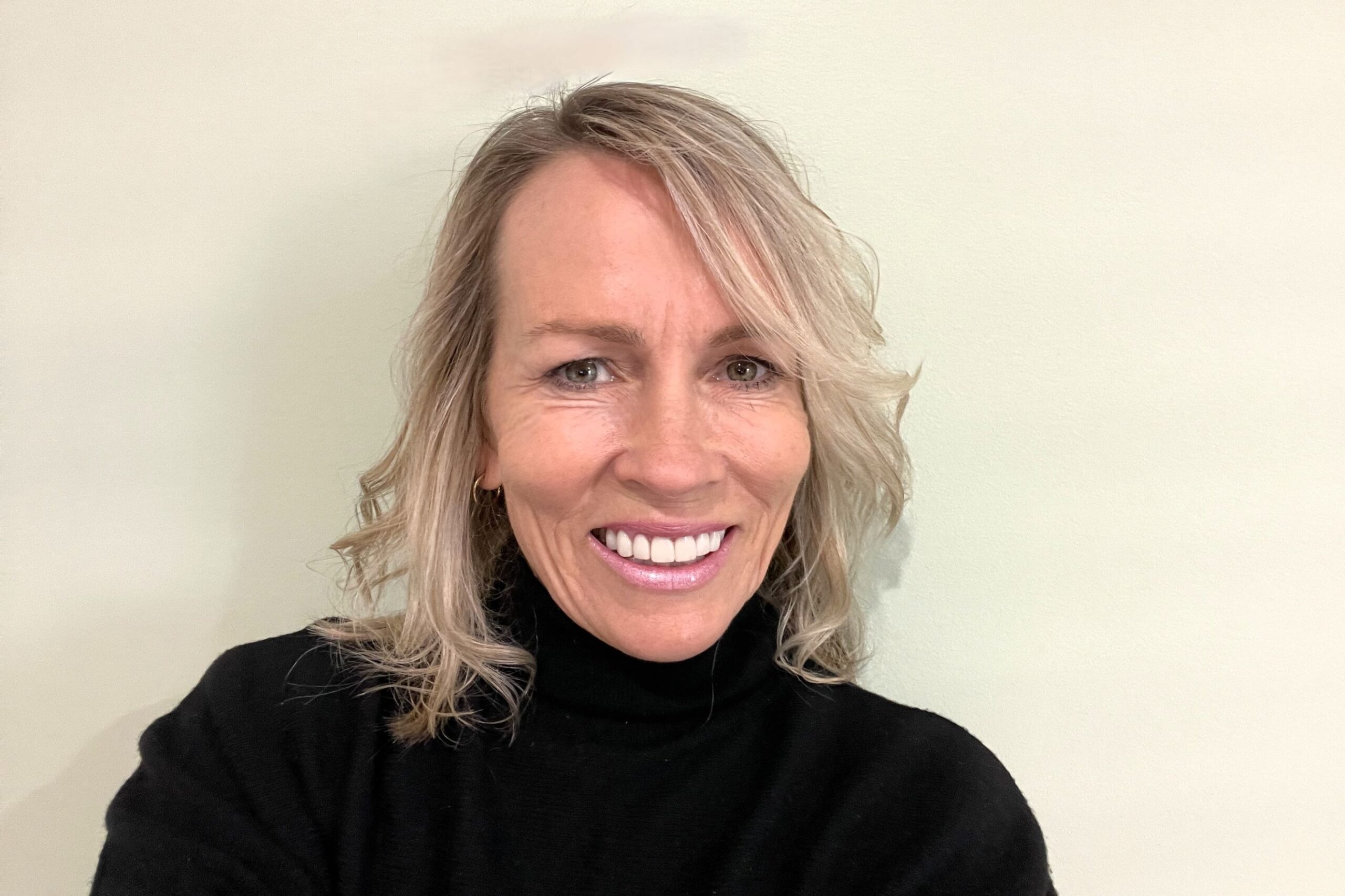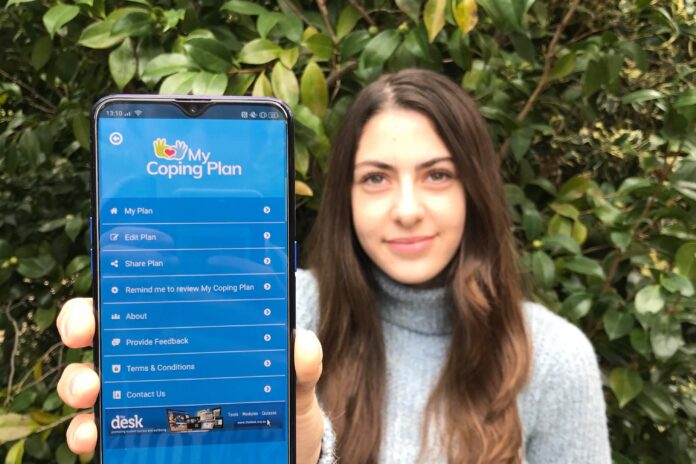“We really should be tending to our wellbeing every day, rather than just one day.”
That’s the view of Sunshine Coast-based clinical psychological Dr Helen Stallman, ahead of World Suicide Prevention Day on September 10 and R U OK? Day on September 12.
Dr Stallman, the founder of website Care, Collaborate and Connect, has developed an app called My Coping Plan to help people work on mental wellbeing strategies.
“One of the problems with having a World Suicide Prevention Day is we’re just talking about suicide, we’re not talking about how are we supporting people to cope, we’re not focusing on what to do,” she said.
University of the Sunshine Coast journalism lecturer Dr Jane Stephens said the data around suicide in Australia was alarming.
“In the year to May this year, 782 people in Queensland had died by suicide. The road toll for 2023 was 276 fatalities,” Dr Stephens said.

“Suicide is also the leading cause of death for people aged between 15 to 44 in Australia.
“It’s almost three times as many people dying by suicide as in road crashes – that’s a staggering number.”
Dr Stephens said World Suicide Prevention Day and R U OK? Day were important events to help start conversations.
“It opens these conversations, and words are so important,” she said.
“It gives us an opportunity to do things like this where we can talk about it in a responsible way that is not fear-driven or damaging. It’s simply a way to try and destigmatise and get it right.”
Dr Stallman and Dr Stephens have written a paper addressing the role of the media in reporting mental illness and suicide.
They believe more mindful reporting techniques can help improve the portrayal of mental health and suicide.
“I think my approach with news media is that sometimes it’s ignorance – they don’t know not to say things like ‘committed suicide’, because committing suicide usually indicates sin or crime, so that’s been advised that that’s not really a good choice of words,” Dr Stephens said.
“I guess the other thing too is we’ve got a sensationalising of death, so when’s there a crime, if there’s mental illness associated with it, it tends to get mentioned. I think there’s a lot of work to be done with the presentation of that.
“I would just encourage any journalist to consider whether that’s relevant to the story.”
Dr Stallman believes addressing social disadvantages can lead to an improvement in wellbeing.
“I think one of the big things on the Coast, but also everywhere, is if we want to prevent suicide and we want to prevent overwhelming distress, we have to address social disadvantage – things like homelessness, unsafe home environments and inadequate opportunities to develop the life skills that so many children need, like a positive sense of who they are, how to regulate their emotions, being able to develop and maintain relationships, and being able to solve problems,” Dr Stallman said.
Dr Stallman said the free My Coping Plan app was for anyone wanting to improve how they respond to unpleasant emotions.
“The research shows that people who actually put their strategies into this app have better wellbeing than people that don’t,” Dr Stallman said.
“The reason for that is that we carry around our coping strategies, so we can easily refer back to remember what works for us. But when you’re distressed that’s harder to do.”
The My Coping Plan app is available to download now.
Lifeline: 13 11 14, Suicide Call Back Service: 1300 659 467.
Kelsey Reid is a journalism intern with Sunshine Coast News.
Want more free local news? Follow Sunshine Coast News on Facebook, LinkedIn and Instagram, and sign up for our FREE daily news email.





